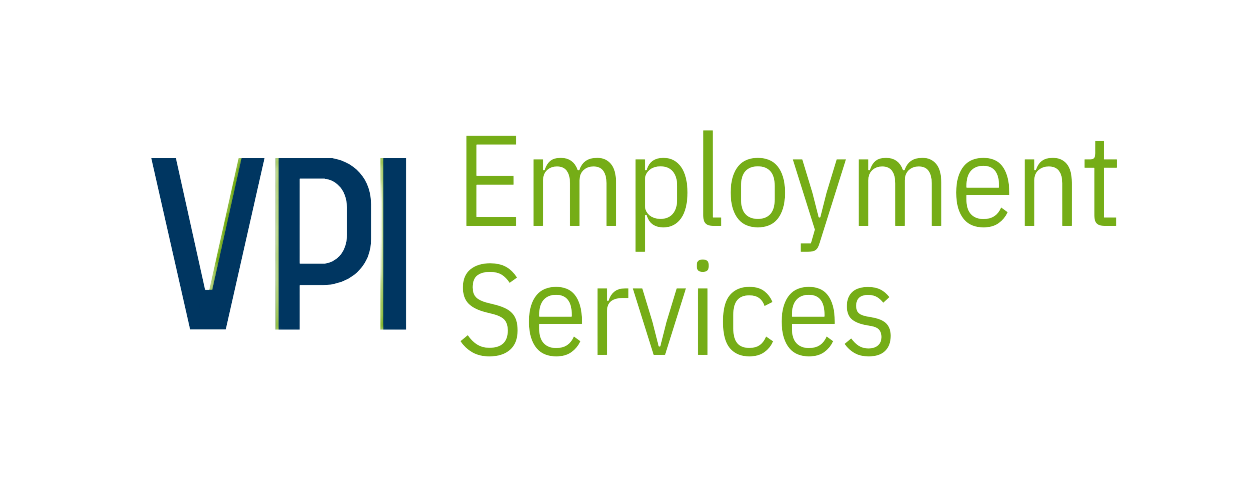If you’re looking for a job, it’s safe to say that the most important tool in your toolbox is your resume.
As a job seeker, it’s your duty to ensure that your resume is a picture-perfect, paper (or digital) version of yourself. In 2 pages or less, it should tell hiring managers “I am the perfect candidate for this role” or “I am the best fit for your team”.
At the same time, everyone makes mistakes. Knowing what mistakes to look out for can help you avoid them in the future. Are you making these common resume mistakes?
Common Resume Mistakes
Spelling and Grammar Errors
Even with the help of spellchecking technology, it’s easy to miss a couple misspelled words on your resume. Although the mistake may seem small, making spelling or grammar errors is a common resume mistake.
Submitting your resume with such errors shows hiring managers that your attention-to-detail skills are not up to par. If this is a skill that is required on the job (there aren’t many jobs where “attention” is optional) then, your resume will surely make its way into the discard pile.
Before you hit “apply” on your latest job application, always proofread your resume. Check each section and re-read each description or bullet point to ensure that there are no spelling and grammar mistakes.
Resume Tip: Try reading your resume out loud. It sounds silly, but it’s easy to skip over words when you are reading in your head. By reading out loud you might just catch an extra error that you would have otherwise missed.
Contact Information Flaws
Another common resume mistake is having incorrect or even missing contact information. Not paying attention to this key section of your resume could be a costly mistake in your application.
Let’s say you accidentally typed in a wrong digit or, you have an old phone number attached to your resume – how will hiring managers get in touch with you for a phone interview? Or, if you misspelled your email address and put “.com” instead of “.ca” – how will you receive updates on your application? It’s important to always have your contact information up to date so hiring managers can easily get in-touch with you if they want to follow-up on your job application.
Resume Tip: Make sure that your contact information uses your own professional email address. An email address that includes parts of your full name or, if not taken already, your actual full name is best.
There are plenty of platforms that allow you to sign-up and create a new email address for free! So, make sure that you are always using a professional email address when applying to jobs.
Too Focused on Design
In a bid to stand-out, some job seekers will go the extra mile on the design or looks of their resume. But, unless you are applying for a job in a design-related field, there are other aspects of your resume that are more important.
Hiring managers often go through hundreds of applications trying to find the right candidate for their team or organization. Your resume does not have to be a work-of-art with custom icons, fonts, or pictures. It should be clean and easy to follow with font that is easy to read (not too small nor fancy).
While it’s a gamble that can sometimes pay off, if you don’t have the fundamentals down, overcomplicating your resume’s appearance can backfire. Hiring managers sift through pages upon pages of resumes – they are more focused on finding a candidate with the rights skills than the design of the documents in front of them.
Need help with your resume? Contact us today and find out how our Career Specialists can help you build your resume.
Too Many Details
Even though you are trying to communicate your work history on a couple pages, it’s easy to add too many details. Whether you are trying to be more descriptive or trying to maximize space, it’s important to remember that sometimes too much detail can also be a bad thing.
Ensure that the details on your resume (the experience, the descriptions, your accomplishments, etc.,) are relevant to the job application. As mentioned before, hiring managers sift through hundreds of applications, remember to include the most important and most relevant details to show that you are the right candidate for the job.
Resume Tip: If you are looking to avoid having too much information on your resume, review the “Experience” section and delete work experience that is irrelevant to the job application.
For example, let’s say you are applying for a restaurant position and you feel that your resume is too long. You then look at your “Experience” section, and you noticed that you included a volunteer position at a local charity from 5 years ago – these are details that you can omit from your current resume. In this case, the skills that you learned from volunteering many years ago may not be transferable into the job position you are applying for today.
Don’t focus on hitting a specific word or page count. Your resume should give hiring managers a sense of how you’ll fit with their organization. If information is relevant, include it; if it isn’t, then don’t.
When building your resume, keep an eye out for details that are irrelevant or outdated to avoid this common resume mistake.
Failing to Tailor Your Resume
So, you want to stand-out in a sea of job seekers, right? How do you increase your chances of getting a response from a hiring manager? Well, it’s best to avoid our final common resume mistake – failing to tailor your resume.
Just as the various job postings you apply to are all different – your resume should be tailored to the different job descriptions. If you apply to dozens of job postings using the same exact resume in every application, there’s a possibility that you may not get a response from hiring managers.
Even though you are applying to jobs that have the same role, each company has different responsibilities or tasks for that role. Failing to tailor your resume results in your application not having the correct keywords, the correct experience, or even the correct skills to move forward through to the interview process.
To register for a Resume Building Workshop, click on the events below:

